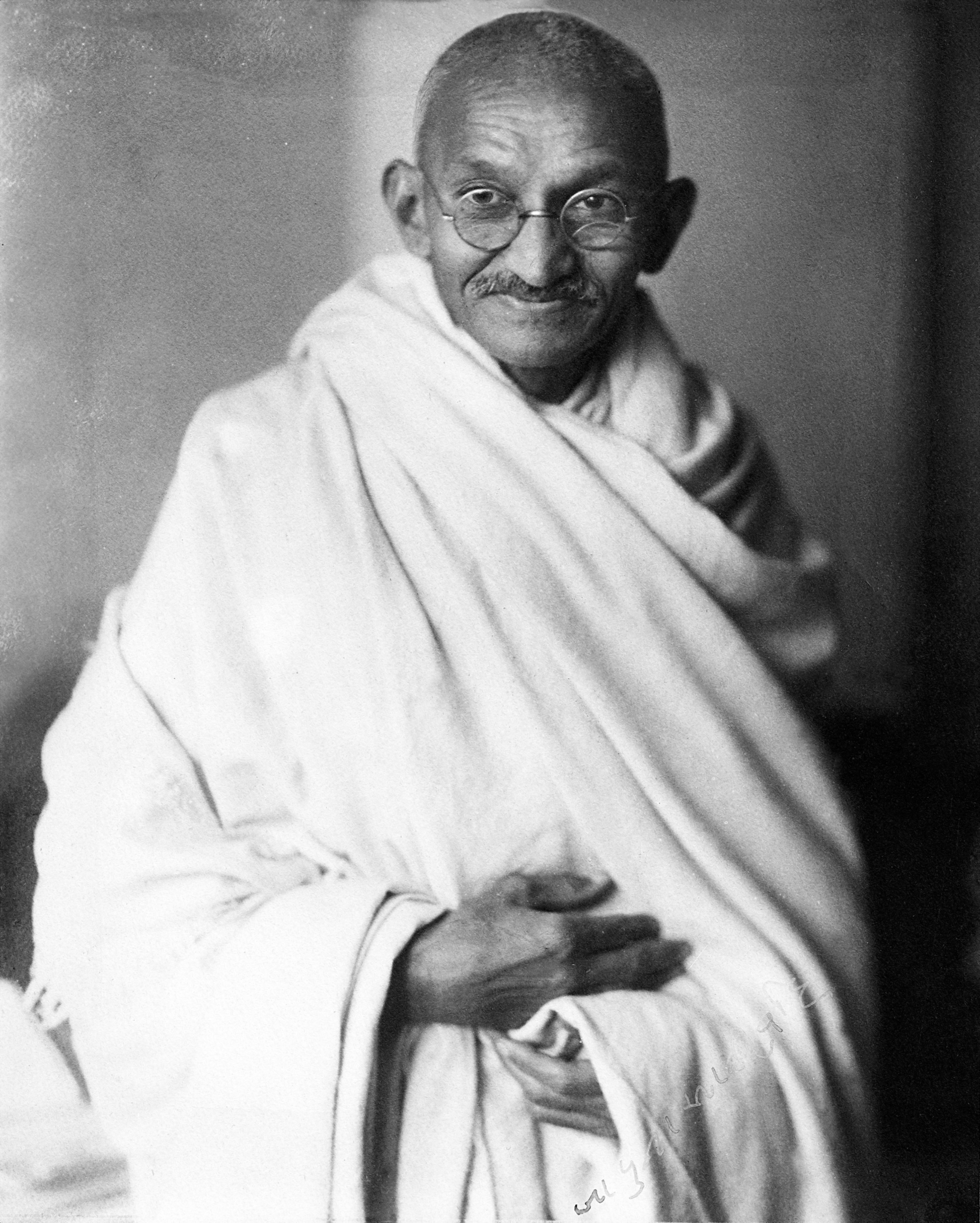
Gandhi said India’s diversity—its multitude of religions, languages and traditions—requires a political system that allows all voices to co-exist, and insisted that this system is now being assaulted. “A democratic system provides a place for everyone. But right now, the democratic system is under attack from all sides,” he told the audience. He criticised what he called the “wholesale attack” on the democratic system, adding that structural flaws must be remedied.
He pointed to the centralisation of power and erosion of institutional checks as key risks. He also accused the government of undermining democratic norms through measures like demonetisation, centralisation of economic control and interference in constitutional bodies. To buttress his argument, he referenced his allegations of electoral malpractice, renewing his claims of “vote chori” and pointing to what he said were irregularities in voter rolls in states such as Karnataka and Maharashtra.
His comments built on a pattern of critique. In an earlier interview with the Financial Times, Gandhi had claimed the Election Commission of India was complicit in manipulation of electoral rolls—an assertion that was strongly rejected by the Commission, which called the charges “incorrect and baseless.” Analysts have noted that public confidence in the electoral institution has declined since 2019, though the empirical basis of Gandhi’s claims remains contested.
The ruling Bharatiya Janata Party responded swiftly. BJP spokesperson Shehzad Poonawalla labelled Gandhi the “Leader of Propaganda” and accused him of defaming the country abroad. He questioned Gandhi’s intentions in invoking foreign platforms to criticise India’s institutions and accused him of misrepresenting the government’s record. Other BJP leaders echoed the sentiment, dismissing his remarks as a political ruse rather than substantive critique.
Observers see Gandhi’s intervention in Colombia as part of a broader strategy to internationalise his concerns about India’s democratic trajectory. Opposition figures have increasingly framed the narrative of democratic decline as an international concern, while the government has sought to counter such framing by emphasising sovereignty and rejecting external criticism of India’s internal affairs.
Political analysts interpret Gandhi’s remarks as a resurgence of aggressive opposition discourse ahead of crucial state elections. His threat to unveil further evidence of vote theft—using the metaphor of a “hydrogen bomb” of revelations—signals that he intends to escalate his claims into mass mobilisation and public pressure.
Some critics caution that Gandhi’s rhetoric may be polarising rather than unifying. They warn that framing institutions such as the Election Commission or central agencies as partisan unduly could undermine trust across the political spectrum. Others counter that such critique is essential to maintain scrutiny over powerful institutions, especially where checks and balances appear eroded.
